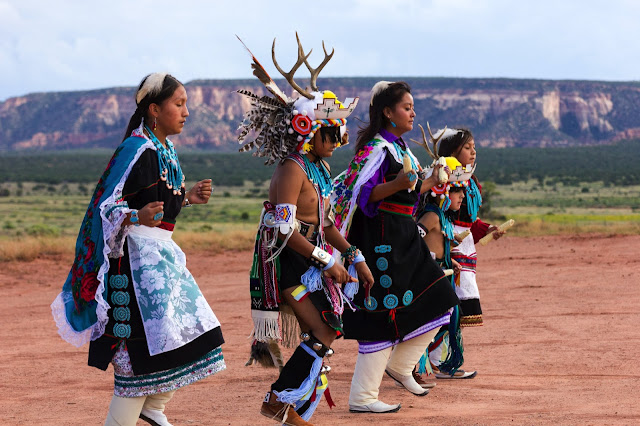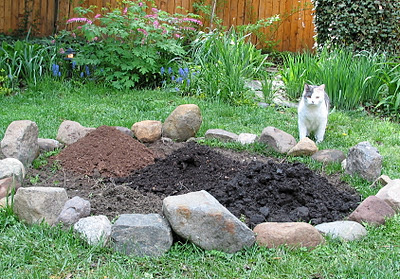Triumph of Inclusivity
 |
| Speaker Haugaard (l) and Crow Creek Chairman Thompson. |
This story appeared in January 2020. For more on topics like this, see my book, American Apartheid: The Native American Struggle....
“South Dakota is a people not a place,” Chairman Lester Thompson of the Crow Creek Sioux Tribe told the South Dakota legislature at the start of his January 16 State of the Tribes address. “Together, we are all Dakota strong.” Thompson’s stress on important Sioux social values followed a dramatic presentation by two Crow Creek groups—a color guard of military veterans and a drum group with members ranging in age from youngsters to elders. Patriotism and cultural continuity were on display.
“South Dakota is a people not a place,” Chairman Lester Thompson of the Crow Creek Sioux Tribe told the South Dakota legislature at the start of his January 16 State of the Tribes address. “Together, we are all Dakota strong.” Thompson’s stress on important Sioux social values followed a dramatic presentation by two Crow Creek groups—a color guard of military veterans and a drum group with members ranging in age from youngsters to elders. Patriotism and cultural continuity were on display.
Thompson thanked several state officials and departments—among them, the state police for helping his tribe when its law enforcement was stretched thin and both police and Game, Fish, and Wildlife officers for helping the Cheyenne River Sioux find a young woman gone missing on their reservation. He threw his support behind a state bill intended to improve Native education and graduation rates.
He recognized the legislature’s speaker Steve Haugaard (R-District 10, Minnehaha) for advocating that the important annual speech be given by a tribal leader, as has been customary. A few weeks earlier, the legislature had tried to put a member of Republican Governor Kristi Noem’s cabinet behind the podium. The state’s tribes felt their concerns might be misrepresented—re-cast to parrot the governor’s positions.
 |
| Crow Creek drum group at the State of the Tribes address. |
The state backed down after tribal leaders including Harold Frazier of Cheyenne River and President Julian Bear Runner of Pine Ridge said they’d boycott the event. The tribes also announced an alternative occasion for the day, with tribal representatives from around the state and region participating in what they called the Great Sioux Nation Address.
Thompson did not avoid controversy in his speech to the legislature. He criticized Governor Noem for pushing pipeline-protection bills enacted by the legislature’s Republican super-majority in 2019. These included criminalizing any involvement in even peaceful demonstrations against gas and oil pipelines, dubbed riot boosting.
The state’s effort to thwart the tribes is not unexpected in South Dakota. The cooperative groups and individuals Thompson called out notwithstanding, the state is better known for fighting in federal court to curtail the Native vote, for taking Native children into adoption and foster care at disproportionate rates, for forcing environment-threatening CAFOs onto reservations, for preventing indigenous people from suing for childhood sexual abuse in Church-run boarding schools, for driving incarceration of American Indians, and more. After a federal court struck down the state’s riot-boosting act, Noem said she would try to get the legislature to pass another version of it.
 |
| South Dakota legislators applaud Chairman Thompson. |
After Thompson’s State of the Tribes speech, tribal members and some legislators crossed the Missouri to hear the Great Sioux Nation Address. During it, fiery speeches by ten leaders—from the Sioux nations and additional tribes around the region—examined severe modern problems, from pipelines that threaten their land and communities to the region’s meth epidemic and poorly funded education, healthcare, and infrastructure.
Thompson spoke again, telling the packed room that “no other entity may speak on our behalf” while reassuring listeners they could find solutions in working together—in a way that he described as characterized by “communication, collaboration, and consistency.”
Text and photographs c. Stephanie Woodard.

